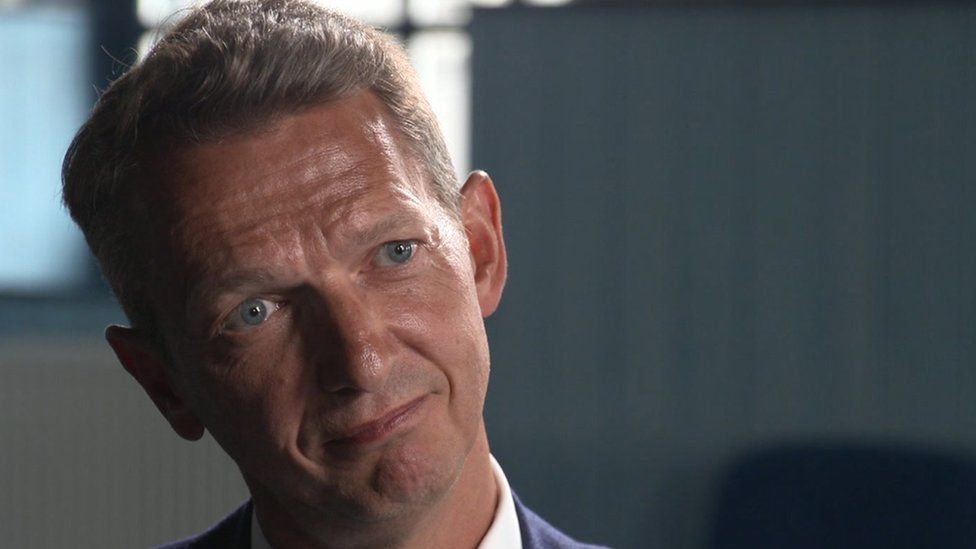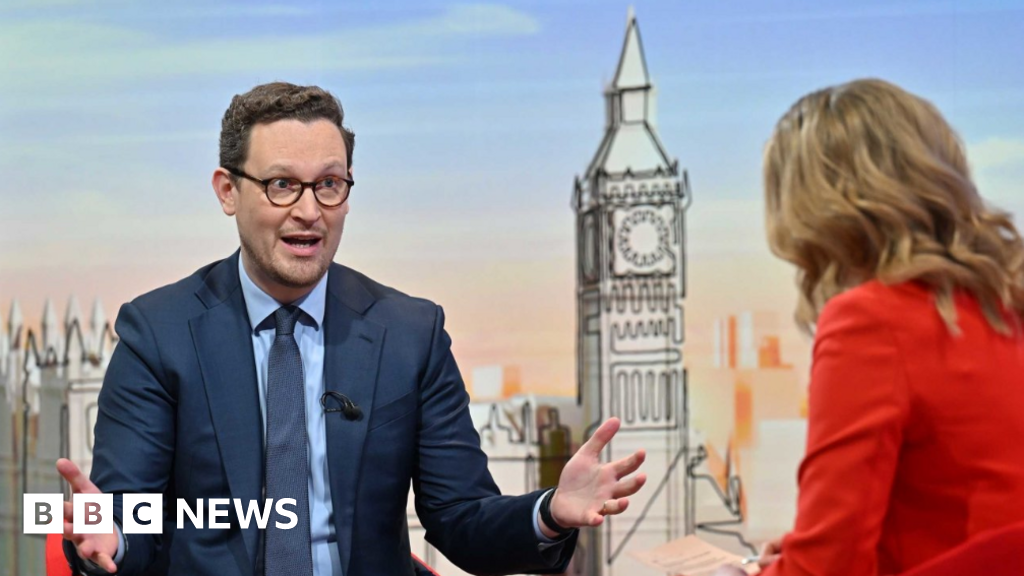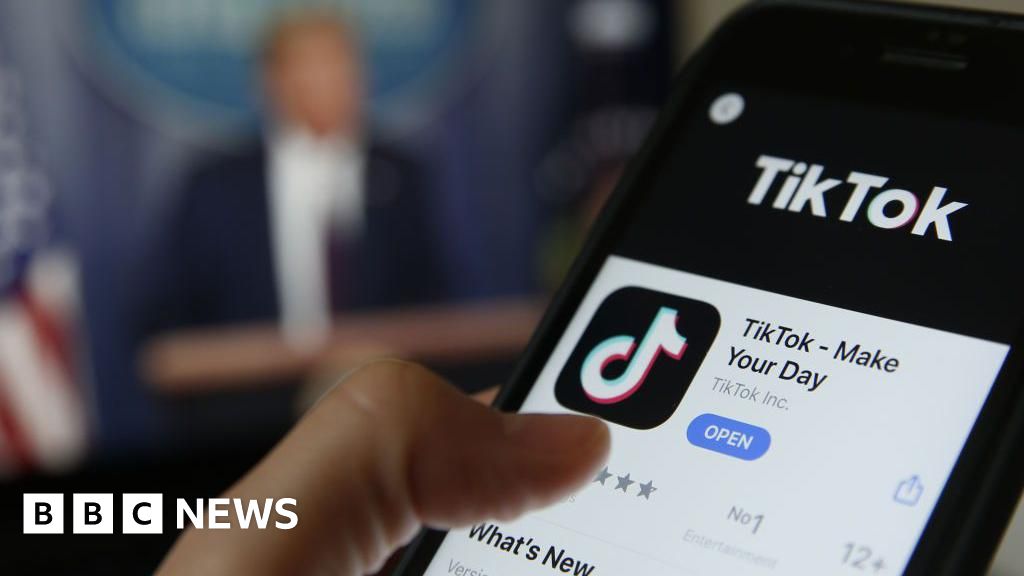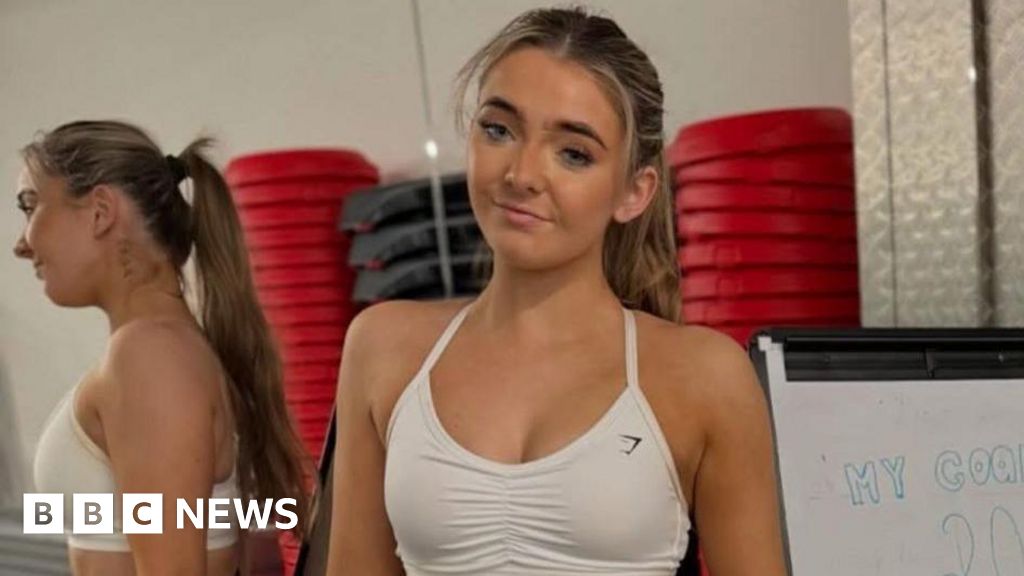ARTICLE AD BOX

By Noor Nanji
Business reporter, BBC News
It "absolutely makes sense" to be lenient with migration rules when firms face staff shortages, the former chief economist of the Bank of England says.
Andy Haldane told the BBC the UK should be "liberal in our visa policies" to fill skills gaps, and that in turn would help to grow the economy.
It comes after the prime minister said legal migration was too high.
The Home Office said its system allowed in the skills needed while encouraging investment in the domestic workforce.
Mr Haldane's comments come ahead of new figures on net migration to the UK due to be published this Thursday.
While the prime minister has been facing pressure to deliver on a 2019 Conservative manifesto commitment to bring down levels of net migration, some businesses have warned it would damage their industries.
Sectors such as hospitality and retail have been among those facing labour shortages.
Mr Haldane, who sits on the chancellor's council of economic advisers, told BBC Radio 4's Today programme it was important to draw a distinction between "near term and medium term".
He added: "Given the huge shortages in both staff and skills being felt by businesses right across the UK right now - every sector and every region - it absolutely makes sense in the short run that we are lenient in our immigration rules, that we are liberal in our visa policies, in filling those skills gaps to enable the economy to grow, to enable businesses to flourish."
Last week, Prime Minister Rishi Sunak told the BBC legal migration to the UK was "too high" but refused to put a precise figure on acceptable levels of people coming to the UK.
He added he was "considering a range of options" to bring down legal migration.
And earlier in the week, Home Secretary Suella Braverman called for lower immigration, and suggested more British people should be trained to do jobs commonly done by overseas workers, such as lorry driving and fruit picking.
A Home Office spokesperson said: "The public rightly expects us to control immigration, which is why our points-based system delivers for the whole of the UK by prioritising the skills and talent the UK needs, whilst encouraging investment in the domestic workforce."
Industrial strategy
Mr Haldane also said the UK was still some way short of having a fully fledged industrial strategy.
"All around the world now, we see a set of countries engaging in very activist, big budget acts of industrial policy," he said.
"The UK still falls short I think in having such a well-articulated, big budget plan to enable us to compete in what is a global arms race to bring business home."
Mr Haldane added that the UK's strategy felt "quite responsive at the moment".
"Every week appears to bring another event, another impending loss of business," he said.
It comes after one of the world's biggest carmakers warned it may have to close UK factories if the government did not renegotiate the Brexit deal.
Stellantis, which owns Vauxhall, Peugeot, Citroen and Fiat, had committed to making electric cars in the UK, but now says that is under threat.
It warned it could face tariffs of 10% on exports to the EU due to rules on where parts are sourced from.
Mr Haldane said: "Whether it's EVs last week… that doesn't feel like a strategy - and businesses will tell you we're still some way short of having that plan in advance of these events tripping us up."
A Department for Trade spokesperson said: "The government has shown a clear strategy for UK manufacturing with a variety of schemes that ensure sectors from auto, to aerospace, to low-carbon technologies have access to the funding, talent and infrastructure they need.
"We are focusing on providing a competitive business environment to stimulate growth, reducing red-tape and investing millions in new government funding to help manufacturing SMEs increase productivity."

 1 year ago
29
1 year ago
29








 English (US) ·
English (US) ·